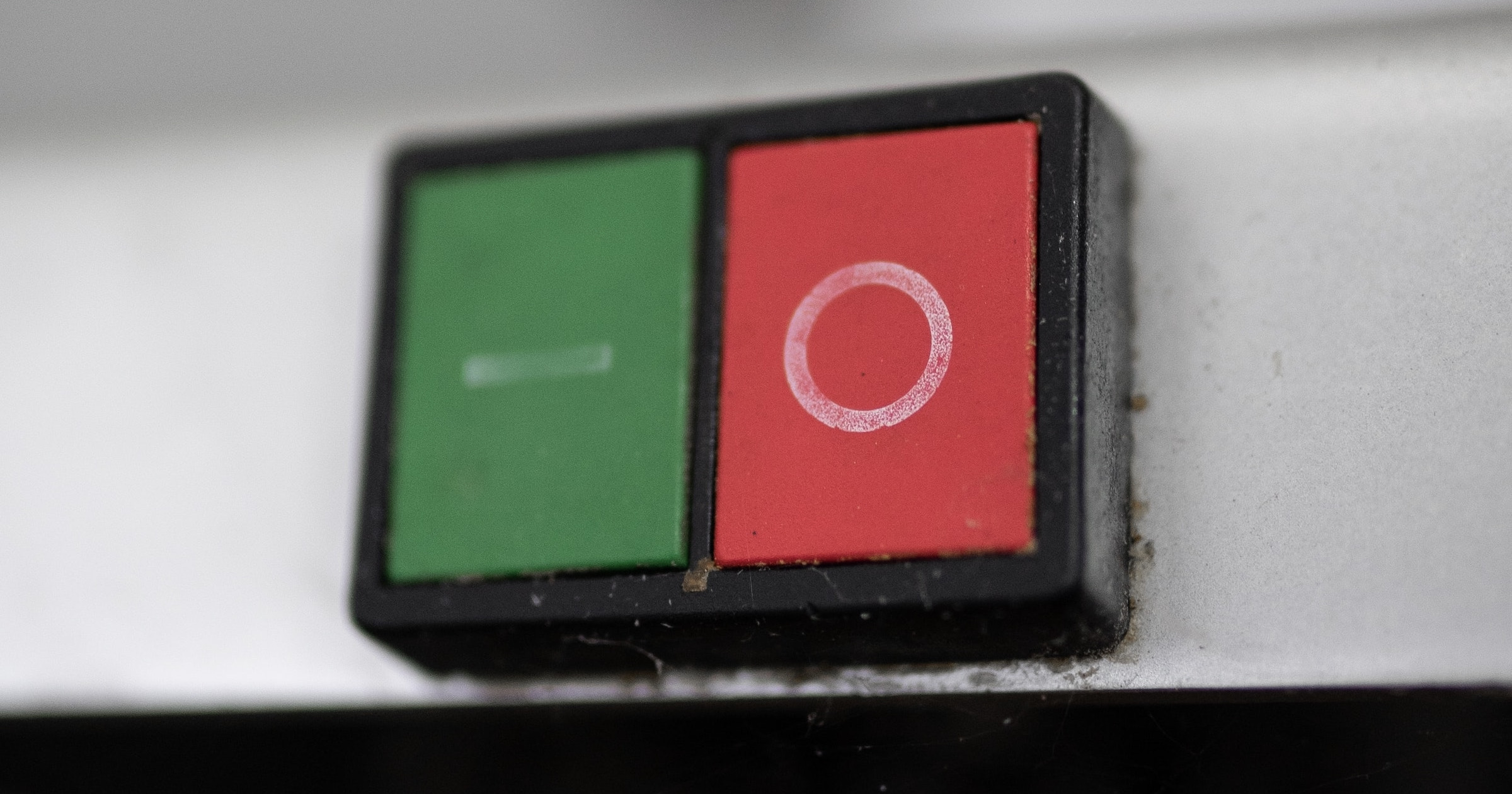 Neuroscience & Mind
Neuroscience & Mind
Seven Reasons the Soul Can’t Be Turned “Off”

Writing at Mind Matters, neuroscientist Michael Egnor notes that the idea of consciousness is “empty,” much like the idea of “natural selection” in evolution. He explains why we’re led astray by the mechanical philosophy that conceives the body and hence the mind as a machine. Machines can be turned on or off. To imagine the same of the mind, or the soul, is a mistake. If true, this would obviously have the profoundest implications for both faith and science.
Egnor offers seven reasons for this:
I believe that “consciousness” became a concept in the early modern era because of this machine analogy. Machines, after all, can be turned on and off. If a body is a machine, life is the on position of the switch, and death is the off position. If the mind is a machine, conscious is the on position, and unconsciousness is the off position. If we are machines, “on” and “off” as states of consciousness seem inevitable.
There are strong scientific reasons to reject this notion that the soul, including the powers of the mind, can be extinguished in the sense of being “switched off.” Here are some of them:
(1) Medical practice avoids use of the terms “conscious” or “unconscious” (if a medical student uses the term, I correct him). These terms for mental states are horribly imprecise, and it is not clear that they correspond meaningfully to any reproducibly measurable state of mind. Mental status is commonly assessed by the Glasgow Coma Scale which measures ability to follow commands, to open eyes, and to speak. “Consciousness,” as distinct from individual mental abilities, plays no role.
(2) When we sleep, although we would commonly be called “unconscious,” we remain aware to a significant extent of our surroundings. We wake up to noise or pain or cold. If we were not “conscious” of stimuli in some real sense, we could not respond to them.
(3) During sleep, we are aware of dreams, which often have very complex imagery and content. Dreams are often metaphorical and represent profound introspection and insights about experiences.
(4) “Unconsciousness” is a poorly defined term in anesthesiology. The fundamental goal of surgical general anesthesia is analgesia, pharmacological paralysis of voluntary muscles, and amnesia, not unconsciousness, per se. Because anesthetic drugs are generally amnestic agents and drugs are given that cause muscular paralysis, it is impossible to know to what extent awareness (without pain or movement) exists during anesthesia.
(5) Patients who are “unconscious” from concussion or other brain injury often show varying levels of awareness of their surroundings. It is common medical practice to speak quietly and avoid upsetting topics while in the room of a “comatose” patient because the patient’s vital signs often change markedly in response to upsetting nearby conversations. To speak in upsetting ways in the vicinity of comatose patient is widely acknowledged as poor medical practice.
(6) Patients in a persistent vegetative state (PVS), which is the deepest level of coma, have been traditionally assumed to have no mental states at all. Yet careful studies over the past two decades show that many patients in PVS have high levels of awareness and thought and are simply unable to demonstrate their thoughts to others.
(7) Millions of people have had near death experiences (NDE’s), in which awareness (usually heightened awareness) persists after complete cessation of brain function. A significant portion of these experiences are veridical, which means that the reality of the perceptions can be confirmed (e.g., the person sees things that occurred when he was clinically dead).
Mental states are powers of the soul that enable us to sense, perceive, imagine, remember, have emotions and desires and to exercise intellect and will. Many of these abilities are altered by sleep, drugs, injury, or even death, but there is no good evidence that all mental states are extinguished by any circumstance. The more we understand about the neuroscience of arousal, sleep, anesthesia, coma, and NDEs, the more it is evident that “consciousness” is to neuroscience what phlogiston and the ether were to thermodynamics. It is an outdated concept that served as a scientific placeholder and obscured reality, until deeper insights are gained that render it superfluous.
Read the rest at Mind Matters, published by Discovery Institute’s Walter Bradley Center on Natural and Artificial Intelligence.
